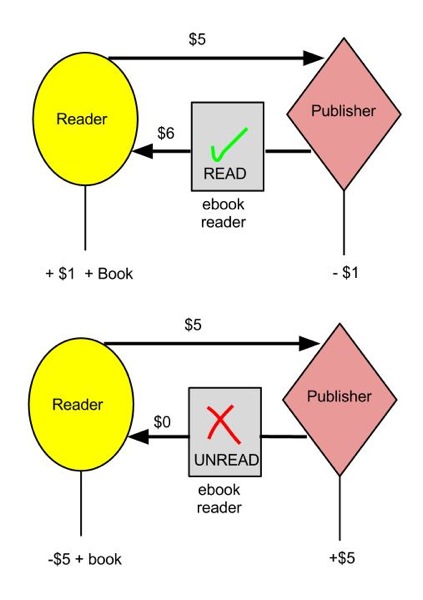One of the major changes that has come with the rising popularity of ebooks has been self-publishing. Many authors are bypassing the traditional route of using agents, editors, and publishing houses in favor of self-publishing. One recently famous example of this new trend is with the controversial Fifty Shades trilogy. The wikipedia article on self-publishing outlines the advantages and disadvantages of self-publishing. This article focuses on some of the positive aspects of self-publishing, such as price and diversity, based on its recent success and popularity.
What do you think of self-publishing? It is helping or hurting the publishing industry, the quality of literature today? If you were a writer, would you self-publish?
